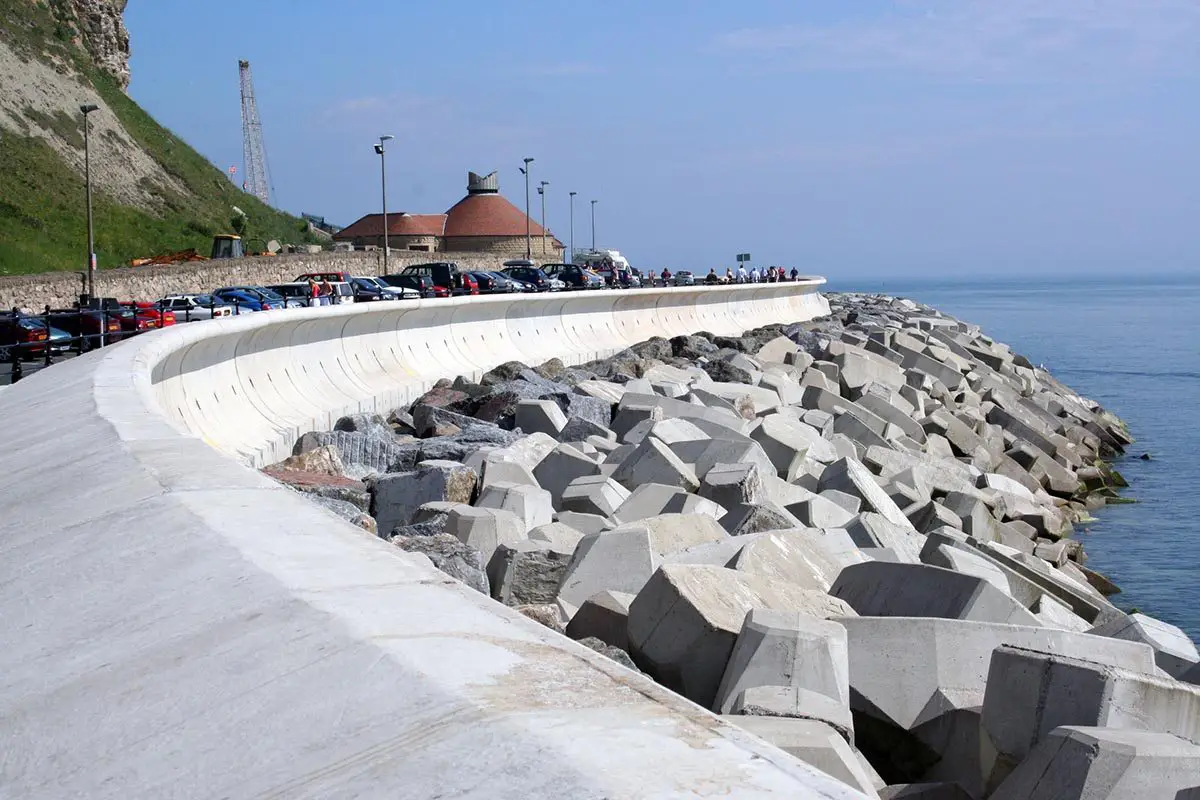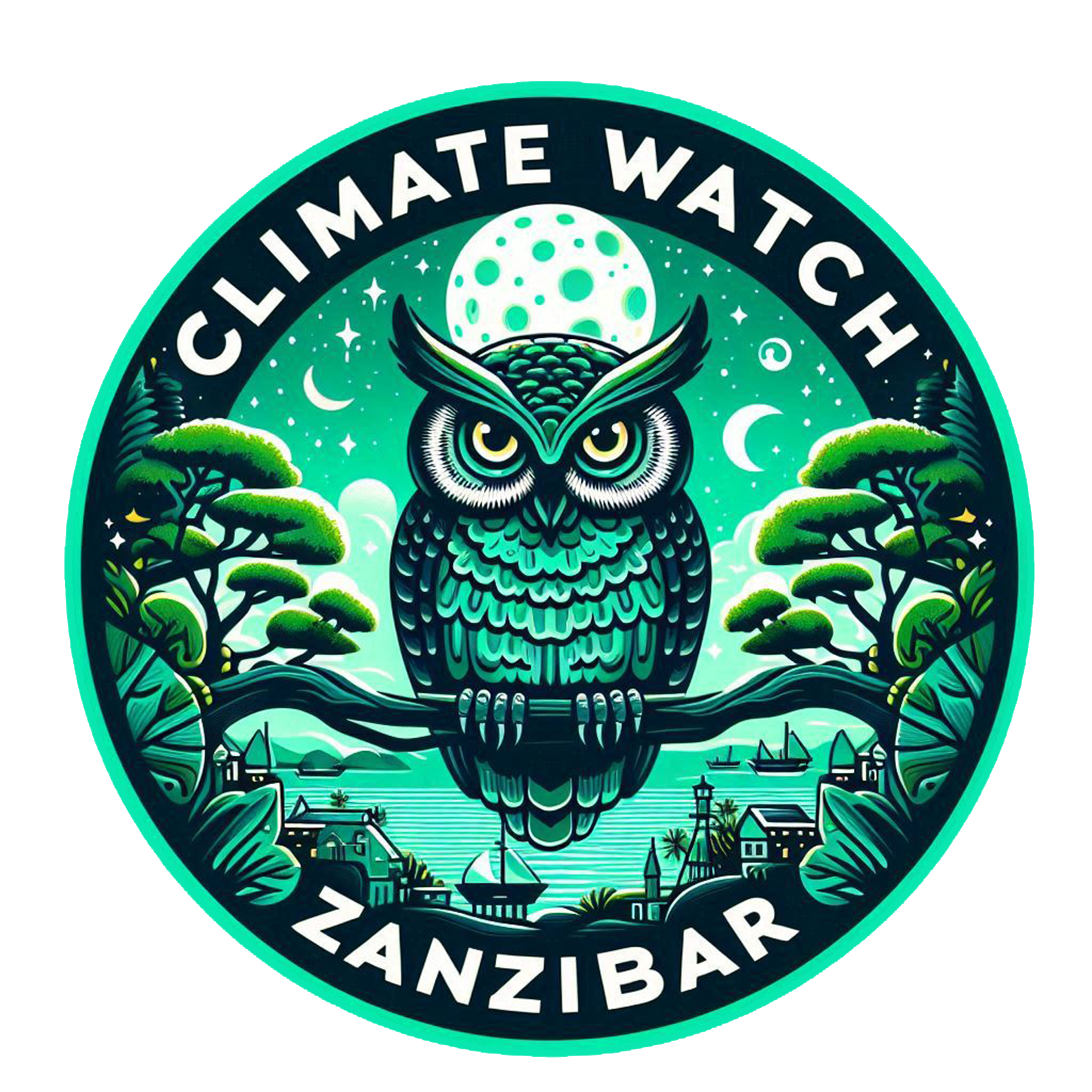
Executive Summary:
Zanzibar is facing the mounting threats of climate change—rising sea levels, unpredictable rainfall, and increasing coastal erosion. "Climate-Smart Zanzibar" is a forward-looking, community-driven climate adaptation project that aims to enhance the resilience of the islands through sustainable infrastructure, ecosystem restoration, education, and local innovation.
This project unites the people, environment, and economy of Zanzibar in a shared mission: to adapt today so we can thrive tomorrow.
Project Objectives:
- Implement nature-based and engineered solutions to prevent coastal erosion and protect key infrastructure.
- Introduce drought-resistant crops, efficient irrigation systems, and training for 2,000 farmers.
- Establish 20 Climate Smart Learning Hubs and train 5,000 youth and women in green skills.
- Reforest 500 hectares of mangroves and protect marine biodiversity through local conservation programs.
- Install local weather stations and mobile-based early warning systems for floods, storms, and droughts.
Strengthen Coastal Defenses
Enhance Climate-Resilient Agriculture
Empower Communities through Education and Green Jobs
Restore Ecosystems and Promote Biodiversity
Improve Climate Early Warning Systems
Key Activities:
| Component | Description |
|---|---|
| Coastal Protection | Build mangrove buffers, sand dune reinforcements, and sea walls in 10 critical coastal zones. |
| Climate-Smart Agriculture | Distribute seeds, drip irrigation kits, and train farmer cooperatives on sustainable techniques. |
| Green Education & Training | Create hubs offering training in solar installation, sustainable fisheries, and waste management. |
| Ecosystem Restoration | Engage local communities in replanting mangroves, coral reef protection, and anti-poaching patrols. |
| Data & Technology Integration | Data & Technology Integration Partner with tech firms to roll out SMS-based weather alerts, data monitoring apps, and school toolkits. |
Target Beneficiaries:
- Direct: 15,000 community members (farmers, fishers, women, and youth)
- Indirect: Over 250,000 residents across Unguja and Pemba Islands
- Special Focus: Vulnerable coastal populations, women-headed households, youth entrepreneurs
Expected Outcomes:
- 25% reduction in climate-related crop losses in pilot areas
- 80% of targeted households with improved coastal protection
- 1,000+ green jobs created
- Enhanced biodiversity in 3 major marine conservation zones
- Real-time early warning alerts reaching 100,000+ users
Project Duration:
36 months (3 years)
Total Budget: $4,750,000 USD
Budget Breakdown:
| Budget Category | Estimated Cost (USD) |
|---|---|
| 1. Coastal Protection Works | $1,200,000 |
| 2. Agriculture Support & Tools | $700,000 |
| 3. Education & Training Hubs | $800,000 |
| 4. Ecosystem Restoration | $600,000 |
| 5. Climate Data & Technology Systems | $500,000 |
| 6. Community Engagement & Awareness | $300,000 |
| 7. Monitoring & Evaluation | $250,000 |
| 8. Project Management & Admin | $400,000 |
Key Partners and Stakeholders:
- Zanzibar Ministry of Blue Economy and Fisheries
- UNDP / UNEP Climate Adaptation Support
- Local NGOs and CBOs
- Private sector partners in renewable energy and tech
- Academic institutions for research and youth training
Sustainability Plan:
By fostering local ownership, integrating traditional knowledge, and building institutional capacity, Climate-Smart Zanzibar ensures that project benefits extend far beyond the initial investment. Revenue from eco-tourism, climate-smart agriculture, and green jobs will further sustain outcomes.





